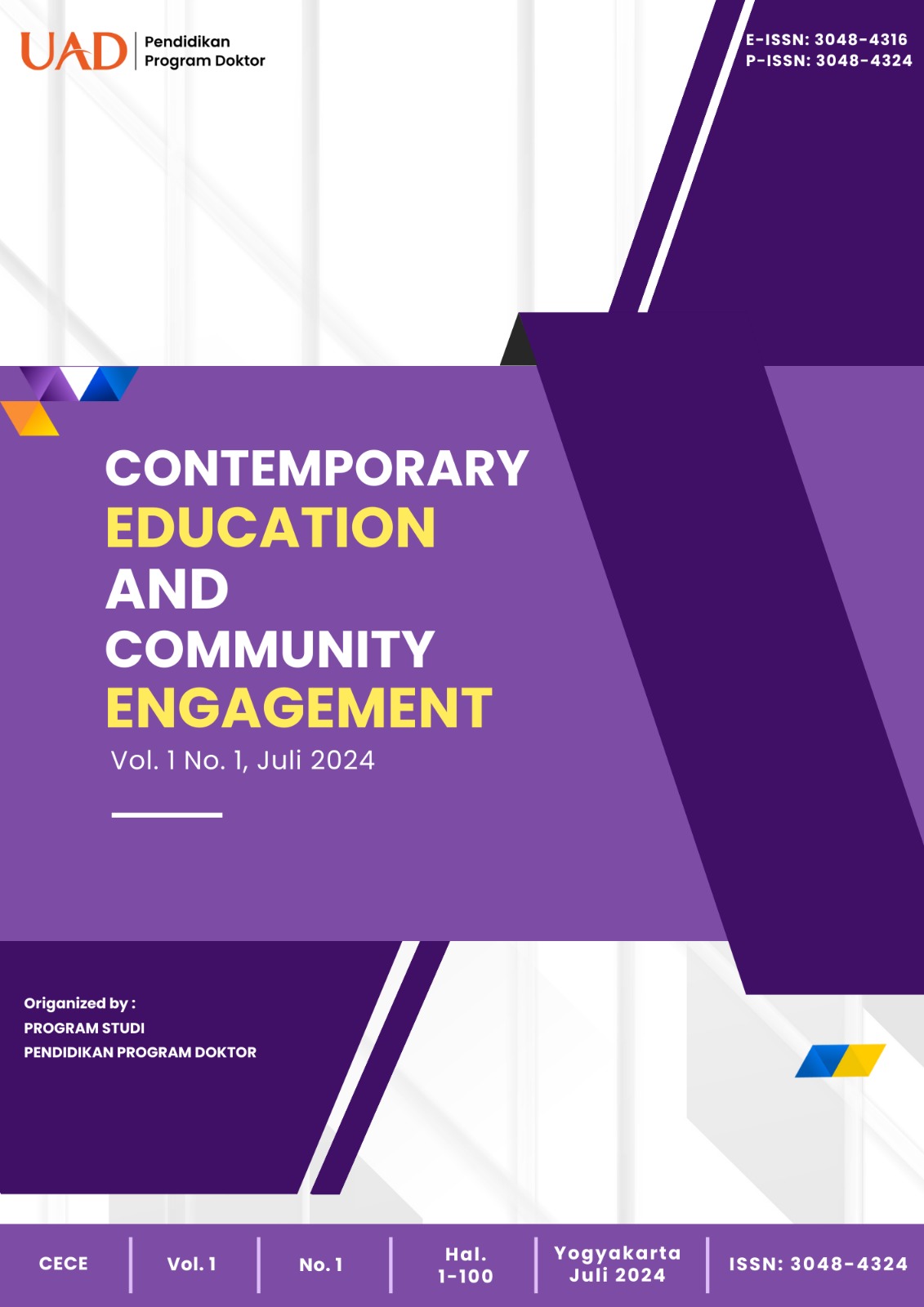Peer Review Process
All manuscripts submitted to the Contemporary Education and Community Engagement (CECE) journal undergo a rigorous evaluation process. Initially, each submission is subject to an initial desk screening by the Editors. Manuscripts that pass this initial review are then evaluated through a blind peer review process, ensuring that the identities of the reviewers remain anonymous.
The blind peer reviews are conducted by distinguished experts, renowned academicians, and practitioners specializing in various fields of education and community engagement. The peer review process includes the following steps:
1. Editor receives manuscript: Submissions are received and reviewed for suitability.
2. Editor invites peer-reviewers: The Editor invites peer-reviewers to evaluate the submission's quality.
3. Reviewers read and provide comments to the Editor: Selected reviewers evaluate the manuscript and provide detailed feedback.
4. Decision by Editor: Based on the reviewers' feedback and their own reading, the Editor decides whether the manuscript is accepted, requires minor revisions, requires major revisions, or is rejected for publication.
5. Feedback sent to the author: Authors receive feedback and any necessary revision instructions.
6. Revisions: Authors submit revised manuscripts based on the feedback provided.
7. Final decision: The Editor makes the final publication decision after considering the revised manuscript and reviewers' recommendations.
8. Article is published: Accepted articles are published in the journal.
Submitted papers are evaluated by at least two anonymous referees for their contribution, originality, relevance, and presentation. The Editor aims to inform authors of the review results within 30 to 60 days. To maintain the highest standards of academic integrity, the journal employs iThenticate (Web Checker) for plagiarism detection and uses Mendeley as a reference management tool. Unless communicated previously with the Editor, all articles must be written in English.




